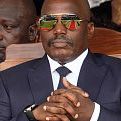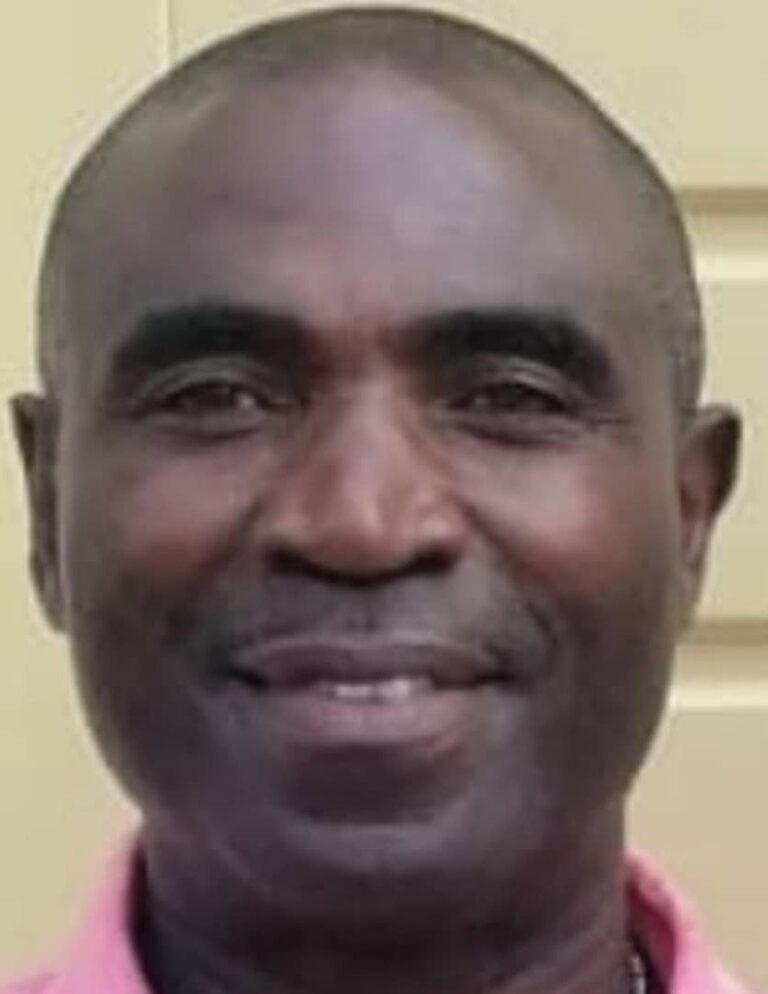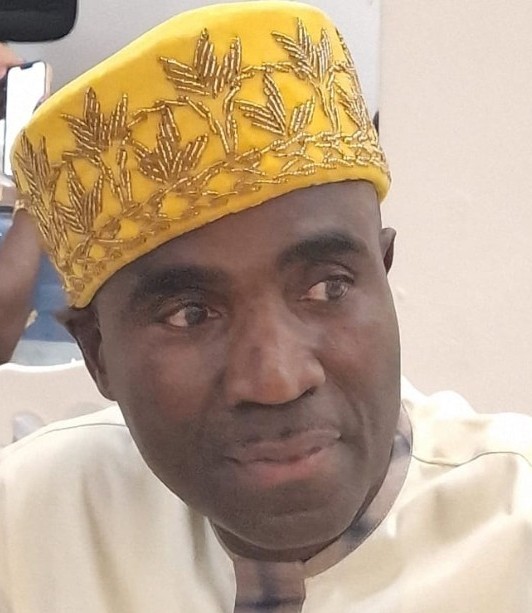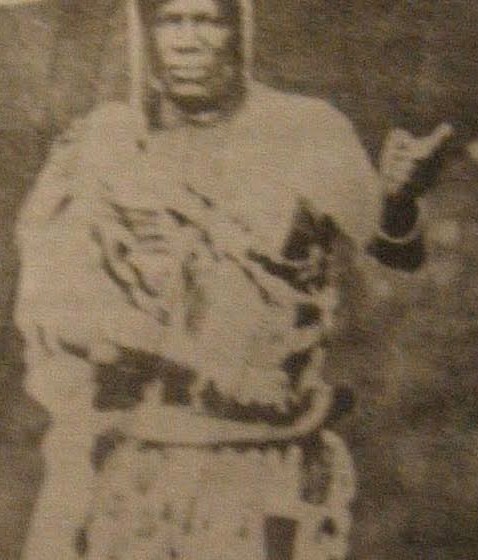
The Democratic Republic of the Congo (DRC) has taken a bold and unprecedented step by formally requesting the removal of parliamentary immunity for former President Joseph Kabila, citing serious allegations including war crimes and support for an armed rebellion.
Justice Minister Constant Mutamba announced that the military prosecutor has officially petitioned the Senate to revoke Kabila’s immunity. As a former head of state, Kabila holds a lifetime Senate seat, which currently shields him from prosecution.
Authorities allege they possess evidence linking Kabila to war crimes, crimes against humanity, and mass killings of civilians and soldiers—primarily through his alleged backing of the M23 rebel group. M23 has been active in North Kivu, where its insurgency has destabilized the region and displaced millions.
Kabila led the DRC from 2001 until 2019. He left the country in late 2023 and has mainly resided in South Africa. Recently, he expressed intentions to return and help resolve the crisis in the east, while firmly denying all accusations against him.
The timing of the legal move is particularly notable, as it aligns with U.S.-mediated peace negotiations between the DRC and Rwanda—accused of supporting M23. A peace agreement is anticipated by May 2. Simultaneously, the government has suspended Kabila’s political party, the People’s Party for Reconstruction and Democracy (PPRD), and threatened asset seizures against him and his affiliates.
Kabila’s supporters claim the proceedings are politically driven. Ferdinand Kambere, PPRD’s permanent secretary, accused President Félix Tshisekedi’s government of attempting to sideline Kabila politically and shifting blame for the eastern conflict.
The move comes amid escalating violence in eastern DRC, where clashes between government forces and M23 rebels have killed around 3,000 people and displaced nearly 7 million since early 2025.
If the Senate grants the request, it could lead to the first-ever war crimes trial of a former Congolese president—potentially setting a landmark precedent in the country’s pursuit of justice and accountability.
Source: africaworldnews.org




